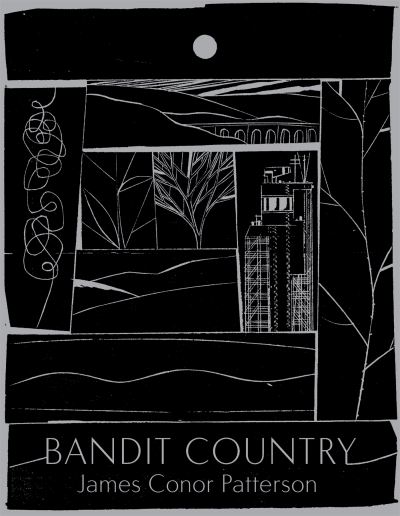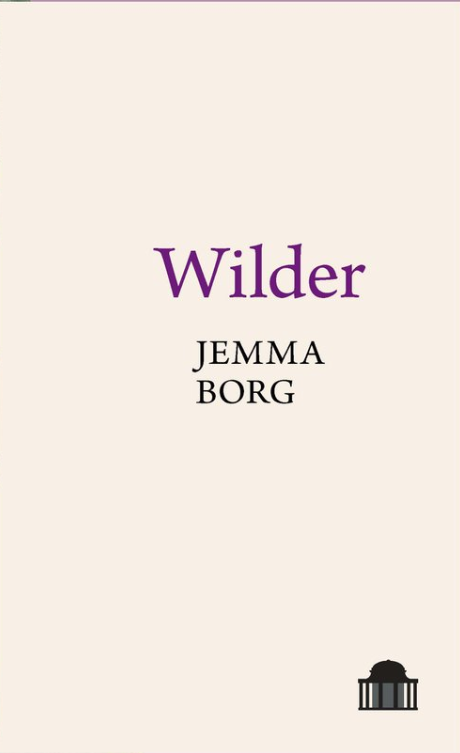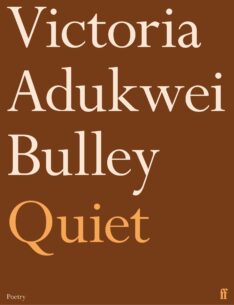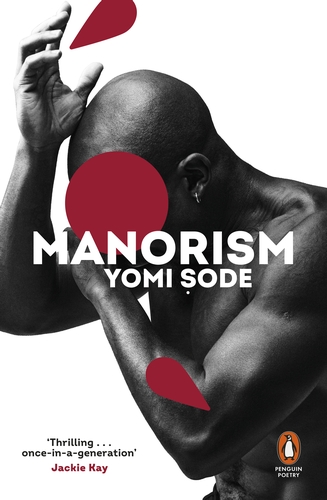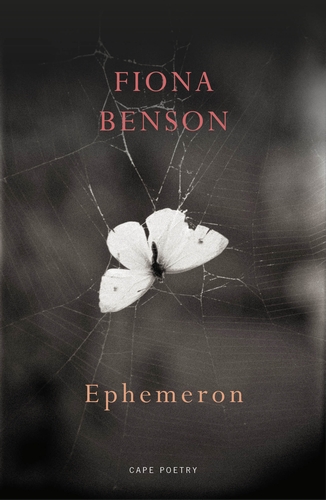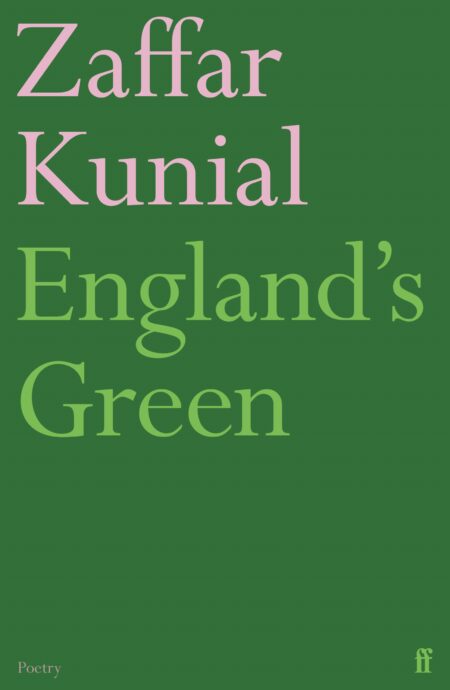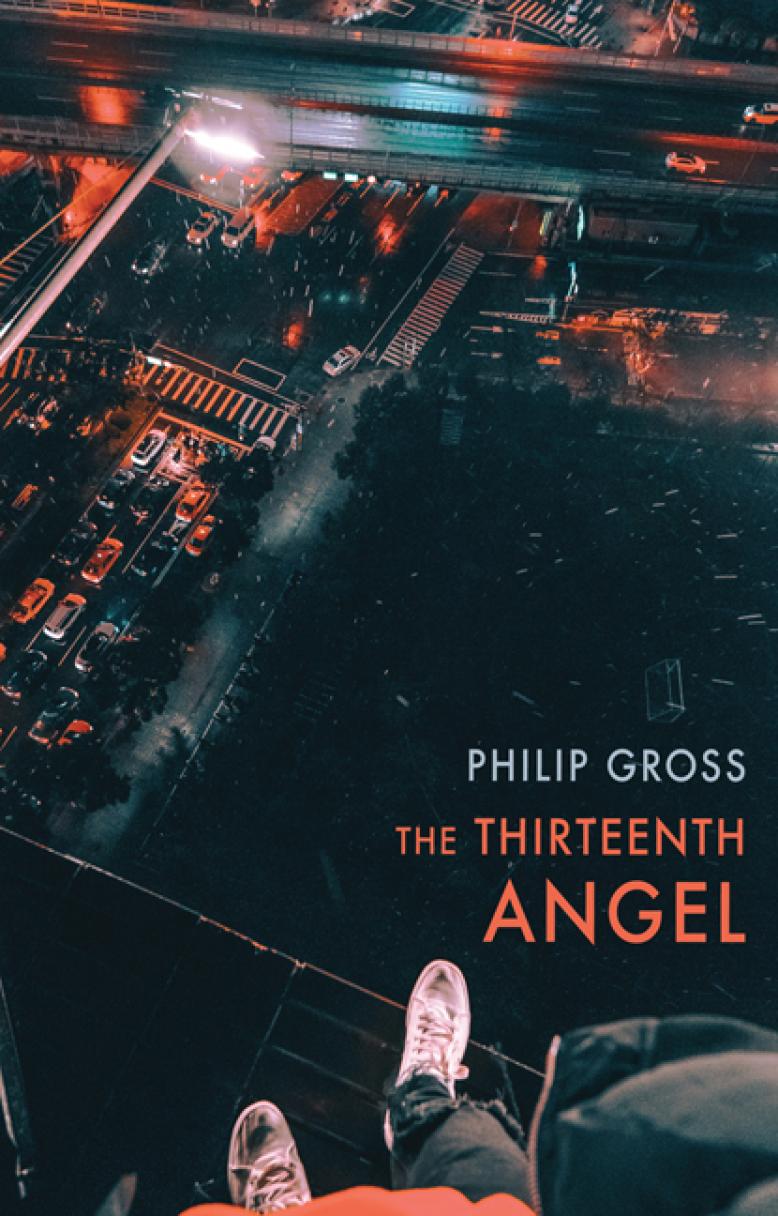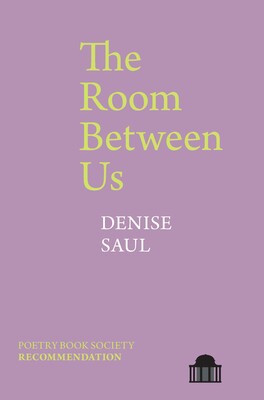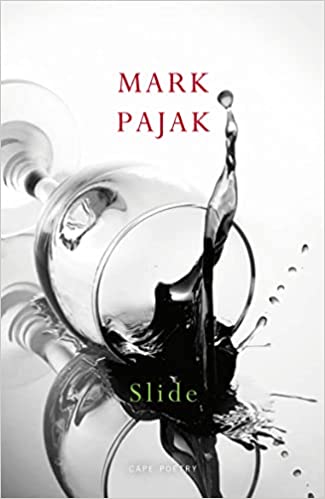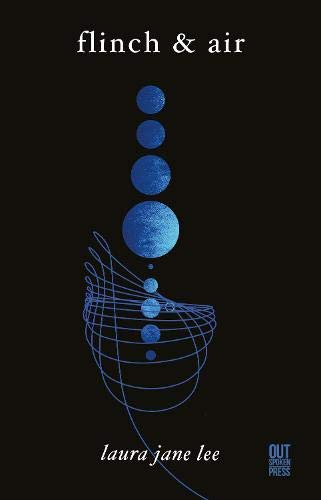Bandit Country (Shortlisted, TS Eliot Prize)
James Connor Patterson’s first collection, Bandit Country, begins with an epigraph from Douglas Dunn which expresses a desire to ‘become a landmark’. In a sense, this too is Paterson’s aim, in his inventive collection of poems that bring voice to Northern Ireland’s ‘ceasefire generation’.
The collection displays a complexity of the language(s) employed, the rhythmic vernaculars of Ulster Scots, the cadence of the Northern Irish phraseology, and an English language heavily peppered with literary referencing; they all combine, pluralistic and porous, blending from one to the next, stitching different tongues together and showing, to use Dunn’s words again, what it is to be ‘an example of being part of a place.’

